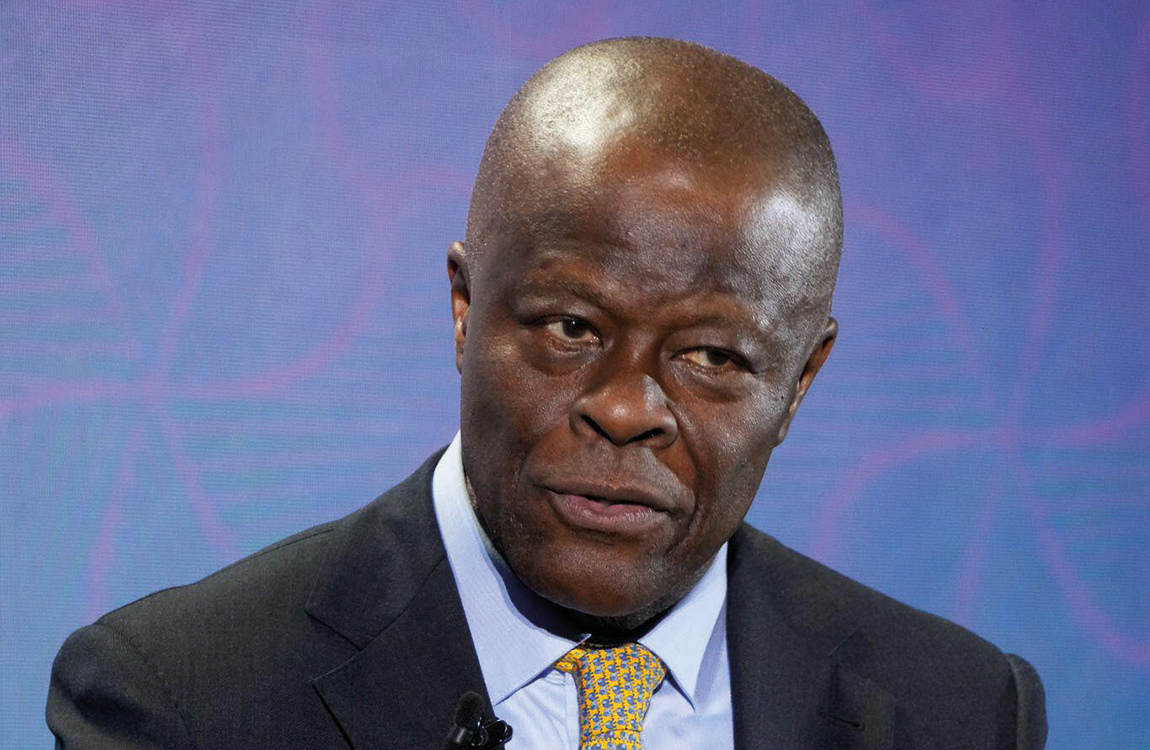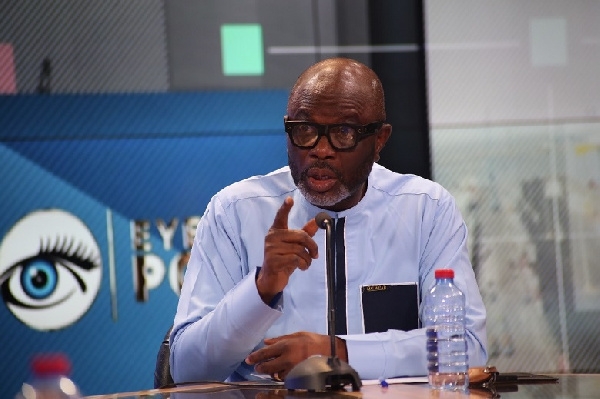el-Rufai Alleges Judicial Corruption, Olatunbosun Urges Respect

A Senior Advocate of Nigeria (SAN) and Professor of Law, Adeniyi Olatunbosun, has appealed to the public to refrain from casting aspersions on the judicial arm of government, emphasizing its role in interpreting laws. Olatunbosun, who is the Vice Chancellor of Kola-Daisi University, Ibadan (KDU-I), stressed that while public opinion on judgments is acceptable, it should be constructive. He cautioned that individuals without legal expertise may struggle to provide precise critiques of judicial decisions, urging responsible commentary devoid of derogatory remarks toward judicial personnel.
Olatunbosun noted that public perception might not always align with the accurate legal interpretation. Although the Supreme Court serves as the final judicial authority, its judgments are subject to evaluation, particularly from academia. Academics can analyze judgments professionally, highlighting any shortcomings and suggesting improvements, as opposed to public condemnation. He also noted that public criticism can help the judiciary to ensure that they do not go beyond their scope. This is because there is a difference between giving a judgment and giving justice. At times, judgment may be verdict according to law; it may not be judgment as social justice. He advocated for judgments that meet legal requirements and satisfy social justice in an evolving society.
Olatunbosun highlighted that many critics of court judgments lack formal legal training and often base their comments on public perception. He urged that anyone criticizing court verdicts should possess legal training or be a law teacher to grasp the judgments' rationale fully. He stressed the need to thoroughly review judgments before offering criticism, to raise relevant legal issues and provide a rationale for one's position.
In a related development, former Kaduna State Governor, Nasir el-Rufai, has alleged widespread corruption within the Nigerian judiciary, implicating numerous judges and lawyers. Speaking at the Law Week of the Nigerian Bar Association (NBA), Bwari Branch in Abuja, el-Rufai claimed that public trust in the judiciary has eroded due to delayed justice and biased rulings, often favoring the wealthy and powerful. He also criticized the exploitation of ex parte orders for political advantage and accused some lawyers of manipulating the courts for political gains.
El-Rufai urged legal professionals to reassess their roles and ensure unbiased justice, free from executive influence. He highlighted concerns over delayed justice, procedural inefficiencies, and judicial compromise. He called upon lawyers to act as “custodians of conscience” and challenge systemic failures within the judiciary.
Meanwhile, Chief Justice of Nigeria (CJN), Kudirat Kekere-Ekun, has charged newly appointed magistrates and judges of the lower courts to uphold the highest standards of integrity, judicial independence and ethical conduct in the discharge of their duties. During an induction course organized by the National Judicial Institute (NJI) in Abuja, Justice Kekere-Ekun emphasized the importance of efficiency and quality in the adjudication process, advocating for prompt and professional justice. She identified Alternative Dispute Resolution (ADR) mechanisms, sentencing guidelines, and the Nigeria Case Management System (NCMS) as key tools for enhancing efficiency and transparency.
Justice Kekere-Ekun also urged the new officers to combine legal mastery with awareness of the social and economic contexts in which they serve, to render decisions that are legally sound, socially responsive and just. Administrator of NJI, Hon Justice Salisu Abdullahi, charged the newly appointed magistrates and judges of the lower courts to uphold the highest standards of efficiency, fairness and impartiality in their judicial duties.










